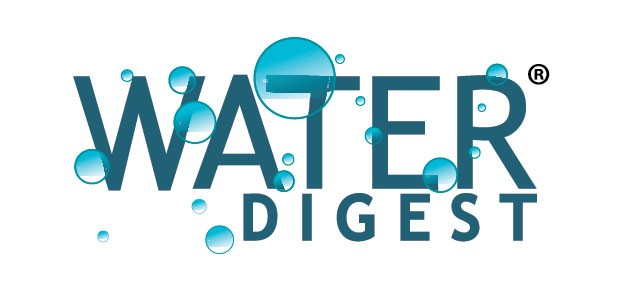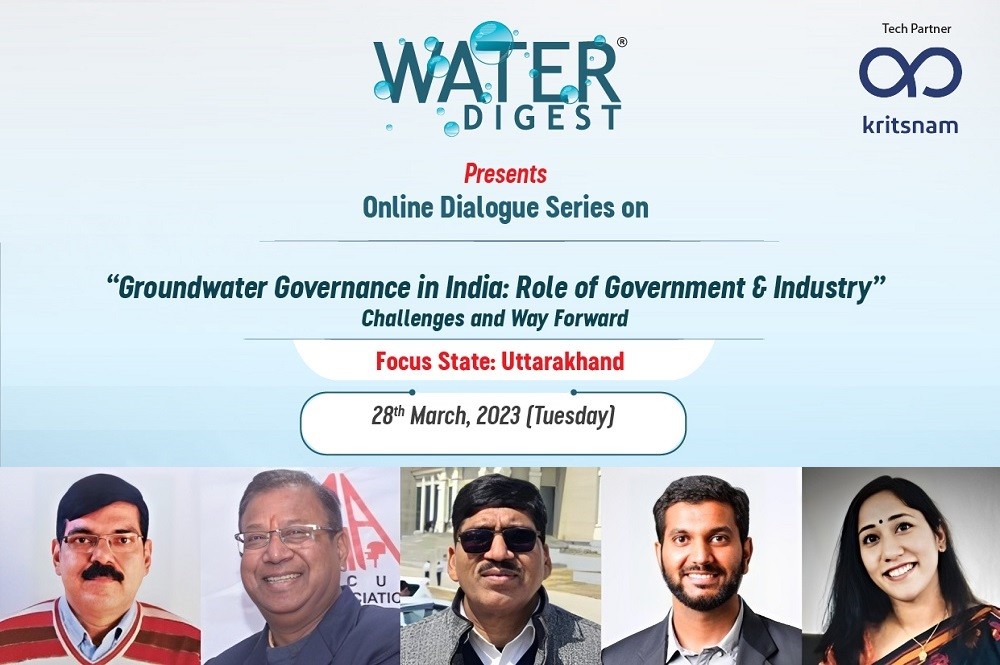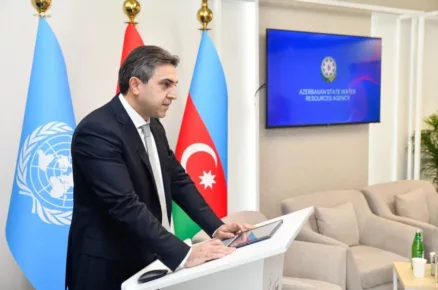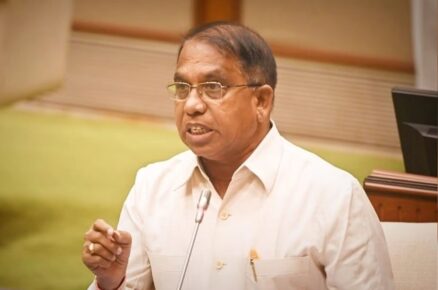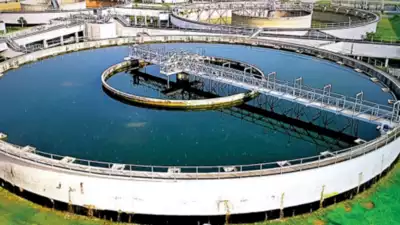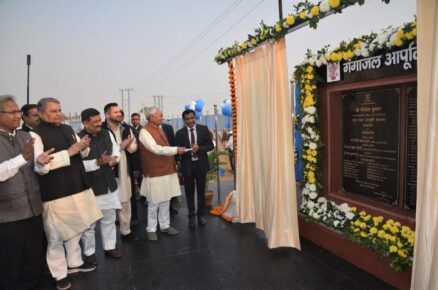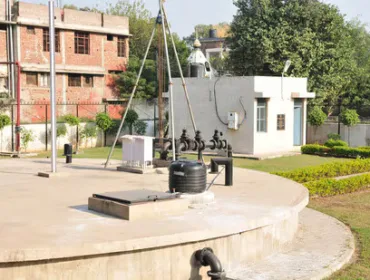WD News: Water Digest, in collaboration with Kritsnam Technologies Pvt. Ltd., organised the sixth and last edition of its online Water Dialogue Series on March 28, 2023, to highlight and discuss the need for smart and sustainable groundwater management in industrial, commercial and agricultural sectors.
The focus state of this edition was Uttarakhand.
- The idea of this series is to make every person value the role of sustainable groundwater in our natural hydrological cycle because, groundwater is the soul of our Earth.
- The series aims to cover significant areas like groundwater extraction regulations for industries, infrastructure and mining projects, challenges faced by groundwater users in taking NOC and fulfilling the criteria, adoption of new guidelines on groundwater, framing regulations applicable to specific states, need for conducting water audits and compliance, smart technologies for users & regulators for sustainable usage of groundwater, improving, monitoring and data evaluation, and what more to expect in future in terms of regulations.
Shri Prashant Kumar Rai, Regional Director, Central Ground Water Board (CGWB), Uttarakhand, in his keynote address, spoke about the initiatives to increase awareness among the industries to avail NOCs for extraction of groundwater.
He gave an overview of the application process for obtaining NOCs and shared further details about the procedure. He said that while the surface water is quite visible in Uttarakhand due to its natural terrain, the same cannot be said about the state of groundwater. Due to day-to-day exploitation for agricultural and industrial usage, the groundwater resource is stressed.
He highlighted the guideline of National Green Tribunal (NGT) which talks about reducing the 20 percent current industrial use by adopting different new technologies. He said that the Micro, Small and Medium Industries (MSMEs) using less than 10 Kilo Litres Per Day (KLD) of water only need to register themselves on the CGWA website and they will be automatically exempted from taking NOC.
This was followed by a Technical Session on Groundwater Governance in India: Role of Government & Industry (Focus State: Uttarakhand).
Dr Harindra Kumar Garg, Chairman, SIDCUL Manufacturers Association, Uttarakhand, shared the industry perspective. He said that in the context of Uttarakhand, there are several challenges due to its hilly terrain and the state having 72 percent forest land of the country.
He shared with the attendees that 22 percent of pharmaceutical products and 11-12 percent of cosmetics produced by the whole country, is manufactured in Uttarakhand. A majority of this is manufactured in Haridwar.
He suggested that the government, policy makers and the concerned authorities should take a flexible approach in implementing the guidelines on groundwater extraction and refrain from imposing penalty as the industry is understanding the issue and is working on resolving it.
Shri SC Pant, Chief Engineer, Pey Jal Nigam, Uttarakhand, said that the Pey Jal department is a leading construction agency for drinking water supply in urban as well as rural areas in the state.
He said that there was a boom in industrialisation after the creation of Uttarakhand and as new industrial zones came up. Work needs to be done in both the hilly areas (to make the aquifers more sustainable) as well in the plains, he said. The surface water is getting depleted due to increasing dependency on rain-fed rivers.
Expansion of cities have led to an increase in the number of tubewells, he said. He shared that the water demand was 1682 MLD as in 2022 (939 MLD in urban region and 743 MLD in rural) and the groundwater being extracted for the same in the state stands at 30 percent. This means that around 500 MLD water is being used only for drinking purpose in the state, he said. As per estimates, the demand in 2050 is projected to be 1980 MLD which will cause further stress on the groundwater resources.
Shri Vinay Chataraju, Co-Founder, Kritsnam Technologies began his address with the need of technology intervention in groundwater management and gave examples to elaborate his point. He then went on to present his thoughts alongwith an analytical review of the current scenario and future roadmap on the theme of groundwater governance. He focussed on the issue of groundwater depletion in detail. Supporting his views, he said that as per a FICCI report, 83% industries have reported major risk of inadequate availability of water whereas 62% Indian businesses depend on groundwater source. He highlighted that India needs data-driven water management.
Going ahead, he shared the important steps to be taken in this direction. The first step, he said, is to know your water footprint from all sources, the second is internal water budgeting and the third is benchmarking with peers (water intensity ratio). He proceeded to explain the features and benefits and groundwater data collection instruments like Piezometer/DWLR (used to monitor depth of water level from the ground surface) and Digital Flow Meters (used to monitor quantum of water abstracted).
He gave a detailed overview of Dhaara Smart Ultrasonic Flow Meters and shared its mobile and web applications for easy data access, which can be used for industrial metering and industrial water monitoring.
Ms Anupama Madhok Sud, Director & Editor, Water Digest, moderated the event. The participants shared their queries in a Question & Answer (Q&A) Session after the technical session which were answered by the panellists.
The queries ranged from creating awareness on saving the water and reducing water wastage; instructions on knowing the status of NOC status; strategies and methods for monitoring and keeping a check on the industries using excess groundwater; and benefits of water audits.
The panel of speakers responded to all the queries and shared their expert views on the subject.
Click here to watch the complete session.
